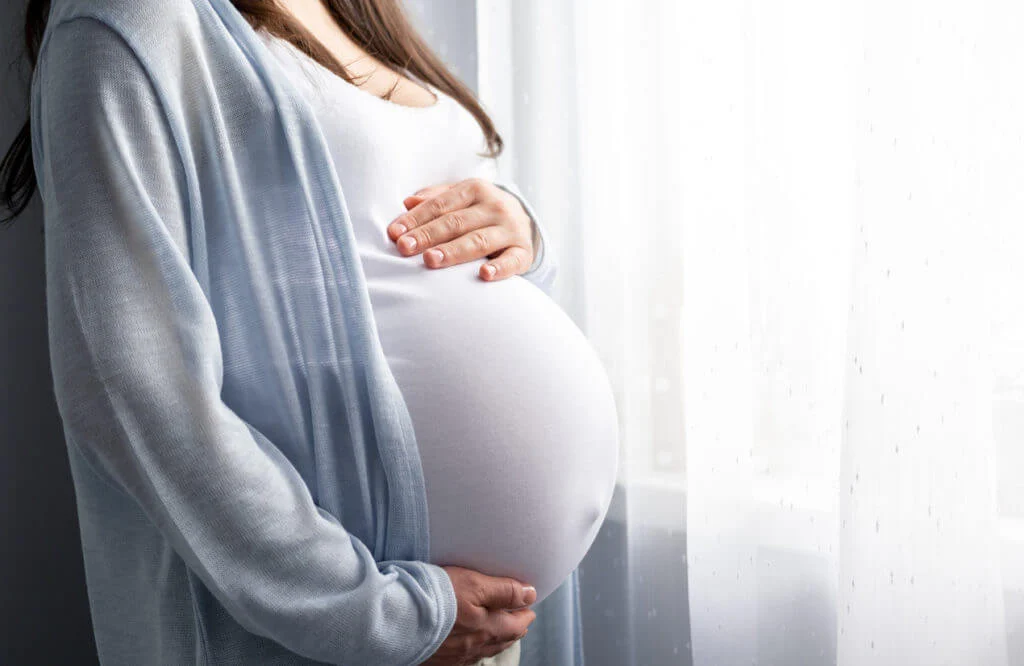It’s a question that many mothers of boys often hear and usually dread. It’s not about the mess left in the bathroom; it’s the more personal inquiry: “Do you wish you had a daughter?” This question seems to linger over my life, especially when I’m out with my four sons. People look at us and often remark, “All boys! Do you long for a girl?” or “Count your blessings; girls come with drama.”
What these well-meaning individuals don’t realize is that I did have a daughter, but I lost her during a second-trimester miscarriage at 18 weeks. For weeks leading up to that fateful ultrasound, I felt an unsettling sensation, something that nudged me to stop by my OB/GYN’s office for a quick heartbeat check. Unfortunately, I was unable to see anyone due to the lunch hour, and my busy life with a 1-year-old and twin 4-year-olds kept me from scheduling a later appointment.
The day of the ultrasound arrived, and I began to spot—something I had never experienced before in my previous pregnancies. Deep down, I sensed that something was wrong, a gut feeling that echoed the instinct I had weeks earlier. I shared my concerns with my husband, and we approached the appointment with a mix of apprehension and hope.
After the routine checks, the midwife applied the fetal Doppler to my belly, but she couldn’t find a heartbeat. “Let’s just take a bit more time,” she said, maintaining a hopeful tone, yet the search continued without success. My heart was already aware of the truth, but I let them carry on. When we entered the ultrasound room, I saw our perfectly formed baby on the screen. She had a cute nose, delicate lips, and tiny fingers and toes, but she was still, suspended in silence.
“I’m so sorry,” the technician finally said, switching off the machine. “I can’t detect a heartbeat.” In that moment, I was overwhelmed with grief, laying there with ultrasound gel on my skin, my hands covering my face as I sobbed uncontrollably. My husband stood in shock; a miscarriage at this stage felt unimaginable, especially when our baby seemed so perfect moments before.
Eventually, a midwife entered, expressing her condolences and announcing that I would need a surgical procedure the next morning. We left the office in a daze, passing women in the waiting room who were eagerly anticipating their happy news. The ride to my parents’ house, where our boys were waiting, felt surreal. My father was outside watering the plants when he asked, “So, what’s the verdict? Boy or girl?” I could only whisper, “Dad, it’s over. The baby is gone.” The look of devastation on his face mirrored our own, and we had the heartbreaking task of explaining to our children what had happened.
Two months later, I received a call from the doctor about the genetic testing results. I had been anxiously awaiting the information not only for potential answers but also to know the gender. “There was nothing genetically wrong with the baby,” she said, “but sometimes the reasons remain unknown.” When I asked if she could share the gender, she hesitated, eventually relenting, “The baby was a female. I’m so sorry.”
I thanked her, but as I hung up, I was overwhelmed with grief once more. I mourned for the little girl who we had hoped for and would never hold. As a person of faith, I find solace in believing she is with God and that we will meet again someday. However, the sorrow remains for what could have been.
We welcomed one more child, another boy, and as time passed, I found peace with not having a daughter. A neighbor has become a sort of surrogate daughter, spending time with my boys and sharing her life with us. This has helped fill some of that void. Perhaps one day, I will be blessed with a granddaughter.
If you see a mother surrounded by sons, consider that she may have experienced a loss that remains unspoken.
For those interested in exploring family-building options, consider checking out this informative resource on pregnancy and home insemination, which can provide valuable insights: WebMD. If you’re curious about at-home insemination kits, visit Make A Mom for more details or explore this fertility boost kit for your journey.
Summary
This narrative captures the emotional journey of a mother who experienced a miscarriage of her daughter at 18 weeks, addressing societal questions about wanting a daughter. It reflects on grief, healing, and the complexities of motherhood, emphasizing understanding and compassion in interactions with other parents.

Leave a Reply